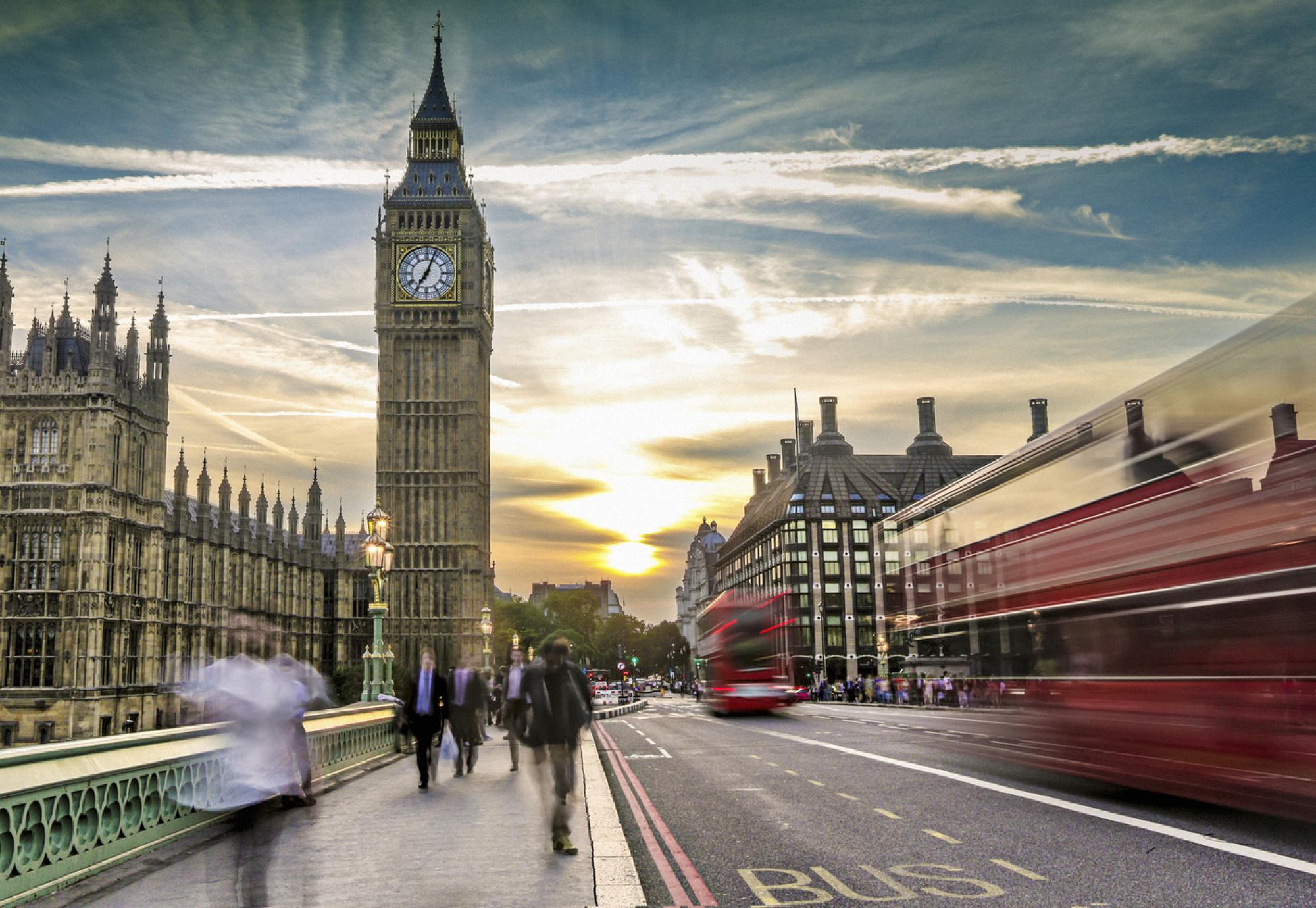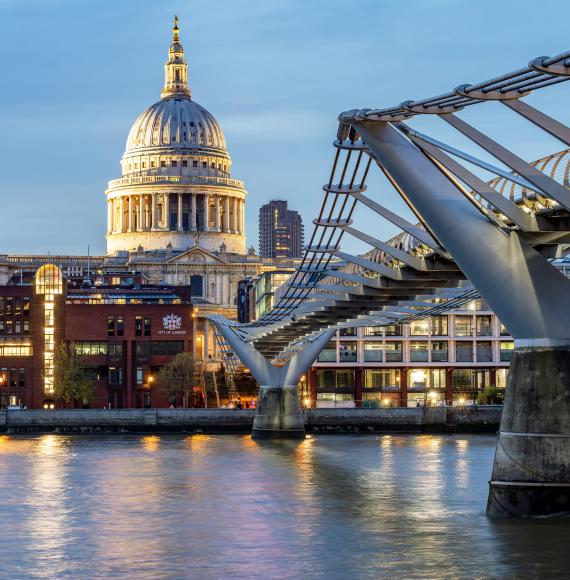With General Election campaigns picking up pace, this week sees parties unveiling their manifestos in a bid to convince the nation why they should form the next government.
After the Liberal Democrats published their manifesto ‘For A Fair Deal’ today was the Conservative’s turn. During an event at the Silverstone race circuit, the party that has spent the last 14 years in government looked to address the issues that people around the country are facing, continue building on their priorities, and restore confidence that may have been falling over the course of the campaign.
Not many of the measures outlined in the new Conservative manifesto came as much of a surprise, with them forming the majority of the debate since the general election was called. One big measure that has been the cause of much discussion was a new model that would see 18-year-old school leavers made to undertake national service. This would see 18-year-olds being given the choice of military service or a civic service role.
Other measures that impact young people come in their education, as the use of mobile phones during school hours would be banned, and university degrees that the Conservatives have labelled as ‘rip-offs’ will be scrapped to help fund 100,000 new apprenticeships for young people. Other education reform will involve the introduction of the Advanced British Standard, with this aiming to reduce the ‘artificial divide’ that exists between academic and technical education.
One of the more unexpected announcements came as part of the Conservative’s plans for tax cuts and the economy, as it looks to reduce taxes for employees, the self-employed, and pensioners. The self-employed will be backed by the proposed scrapping of National Insurance by the end of the next parliament, whilst workers will see a further 2p being taken off their National Insurance. This cut will represent a halving of National Insurance between the beginning of 2024 and 2027, with a total tax cut of £1,350 for the average worker who earns £35,000.
As was already announced earlier in the campaign, pensioners will benefit from the Triple Lock Plus, which will ensure that the State Pension and the tax-free allowance will increase in line with the highest rate of inflation or 2.5%.
Commenting on the tax aspects of the manifesto, Director of the Institute for Fiscal Studies Paul Johnson said:
“The Conservatives have promised some £17 billion per year of tax cuts, and a big hike in defence spending. That is supposedly funded by reducing the project welfare bill by £12 billion; cracking down on tax avoidance and evasion; and saving billions from cutting civil service numbers, reducing spending on management consultants, and “quango efficiencies”. Those are definite giveaways paid for by uncertain, unspecific and apparently victimless savings. Forgive a degree of scepticism…”
Whilst net zero is central to achieving climate goals the Conservatives aren’t committing to new green levies or charges, as they look to ‘cut the cost of net zero for consumers.’ This has been labelled as a more pragmatic approach and will be accompanied by an accelerated rollout of renewable.
When it comes to transport, climate initiatives such as the ULEZ expansion in London will be reversed, and local referendums will be used to establish whether 20 mph zones and low-traffic neighbourhoods will be implemented. Elsewhere, the Conservatives have committed to using £36 billion of savings from the scrapping of the second leg of HS2 to improve transport in communities around the country.
This investment will include £4.7 billion for smaller towns and cities in the North and Midlands to achieve their transport priorities, as well as £8.3 billion of investment into the resurfacing of roads and the filling of potholes. Mayors will also be given a further £8.5 billion to achieve priorities across their city regions, with further support coming through the scrapping of rules that inhibit Mayors from investing in strategic roads.
Railways around the country are also to be boosted by the delivery of Northern Powerhouse Rail and improved accessibility, as well as upgrades and electrification.
Further benefits have been pledged to communities, with these coming in the form of increased NHS spending and staffing, among other measures. The NHS will see spending increased above inflation every year, as well as the recruitment of 92,000 more nurses and 28,000 more doctors. This will be complemented by continued productivity and modernisation boosts.
“It is hard to take this pledge seriously after more than a decade of delay and broken promises.”
Social care is one area that is providing major bumps in the road for the public sector, however, the Conservatives have committed to supporting a higher-quality and more sustainable social care system. This will be achieved by giving local authorities a new multi-year funding settlement that will support social care, whilst also attracting and retaining a high-quality workforce across social care.
Sarah Woolnough, Chief Executive of The King’s Fund, touched on the social care reforms, saying:
“The social care system is under intense pressure with care providers close to a financial collapse, a workforce crisis and too many people’s care needs going unmet. It is positive to see a re-commitment to much-needed social care reform with the October 2025 rollout of a cap on the lifetime care costs a person has to pay, as the government has previously promised. To meet that challenging deadline for implementation, there will need to be sufficient local authority funding and capacity to get the reforms off the ground.”
The Chief Executive of the Health Foundation, Dr Jennifer Dixon, also commented on the manifesto’s pledges for social care:
“Whilst it is positive that the Conservatives have again promised to ‘fix’ social care, supported by a new multi-year funding settlement, it is hard to take this pledge seriously after more than a decade of delay and broken promises.”
Other notable measures that were announced in the manifesto include the recruitment of 8,000 more police officers and new legislation that will ensure that social residents who are repeatedly disruptive to neighbours can be evicted. These two measures will work alongside the implementation of hotspot policing to reduce anti-social behaviour within communities.
A further 1.9 million homes will also be delivered in areas where they don’t disrupt the countryside, with further housing measures including a new Help to Buy scheme that will support first-time buyers and the abolition of Stamp Duty for first-time buyers when the home is worth less than £425,000.
Funding that has seen use across the public sector, such as the Community Ownership Fund and the UK Shared Prosperity Fund will also be extended, as well as new measures to support communities, including Investment Zone backing and new devolution and powers.
The Labour Party will respond with its own manifesto on Thursday 13th June, before we enter the final few weeks of the election campaign. For all the most important updates regarding the election, the next government, and what it means for the public sector, make sure you keep following Public Sector Executive online and on social media.
Image credit: iStock



















